 Hop Beta Acids Provide Animal Feed Nutrition
05. 15. 2018
#Feed industry
Hop Beta Acids Provide Animal Feed Nutrition
05. 15. 2018
#Feed industry

“Beer is proof that God wants us to be happy.” Is something that Benjamin Franklin never said, but he would have been correct if he had. And while the scientific reasoning behind the idea may be inaccurate, it is dead-right in observing the benefits of beer and beer by-products.
Today, these by-products can even give livestock farmers and feed manufacturers economic advantages. This is because a team of scientists from Brazil, Denmark, and Belgium have found that Beta hops, a by-product of the brewing process, can improve meat quality and make for a tastier meal when used as a feed additive. As the industry journal, Feed Navigator notes, “Hop-derived feed additives - β-acids - may improve poultry protein production by improving meat stability and reducing oxidation.”
A Feed Additive Idea
Up until now, feed manufacturers have reduced lipid and protein oxidation in meat with phytogenic additives. The researchers themselves noting in the peer-review journal, Food Research International, that, “Phytogenic additives for non-ruminant animal feeds have been receiving attention due to their pharmacological properties holding the potential for replacing antimicrobial agents and growth promoters.”
Alongside the feed industry’s efforts to replace antibiotics with more organic and sustainable additives, the feed research team set out to find an alternative to phytogenic feed additives. By adding plant extracts to the feed they hoped that it would improve the redox stability of the proteins without altering the taste.
Specifically, they knew of the nutritional value of hops, even after being used in the brewing process, and decided to test its effectiveness as a feed additive. Noting that, “The ingredient has been linked to antimicrobial activity, improved animal performance and intestinal health in broiler chickens and pigs, and contains two main sets of bioactive compounds: β-acids and α-acids.”
While the researchers understood that many other studies had already compared “the bacteriostatic efficacy of hop β-acids to the most used synthetic antibiotics in animal feeding trials for the evaluation of performance.” They also knew that, “…there is little information regarding the metabolic effects following the use of hops as a supplement for animal diet.”
They therefore conducted the study to, “report the impact of increasing dietary levels of hop β-acids on the metabolic profile and redox stability of meat from broilers.”
A Feed Additive Testing
The trial was conducted on 1,440 day-old chicks. Each of which was placed on one of four different diets for 42 days. These included a negative control diet , the control diet with β-acids at 30mg kg-1, the control diet with 60mg kg-1 β-acids, and the diet with 240mg kh-1 β-acids.
From the meat samples collected after day 42, the researchers were able to say that, “Chickens fed with 30mg kg-1 of β-acids showed high concentrations of lactate, β-alanine, glutamine, creatine, carnosine, anserine, glucose, NADH and succinate.”
In general, the study’s published results state that, “A moderated level of hop β-acids as a dietary supplement accordingly improves the overall redox stability, protecting myofibrillar proteins and fatty acids against oxidation and improve the nutritional properties of meat from broiler chickens.”
While at present, the tests have only been conducted on poultry, it is hoped that meat from other species might be improved with a similar feed additive.
Given that beer production is so widespread and produces large amounts of organic hop and grain waste, then feed producers may well begin to think of ever closer collaborations with the brewing industry. Furthermore, if the use of hop β-acids could be industrialised it could help the farming and feed industries to be ever more sustainable. The use of a brewing waste by-product could therefore not only become an affordable and nutritious feed additive but would also fit the ideals of the circular economy.
AG CHEMI GROUP has been supplying animal feed additives since 1994. It is also a global supplier of industrial quantities of monocalcium phosphate and zinc oxide.

If you are interested in zinc oxide supplies, mcp prices, or need animal feed raw materials, then please contact the friendly, multi-lingual sales team, or take a look at the AG CHEMI GROUP catalogue.
Photo credit: Clipartsuggest, ScienceDirect, PracticalHorsemanMag, ModernFarmer, AbovetheLaw & GorstValleyHops